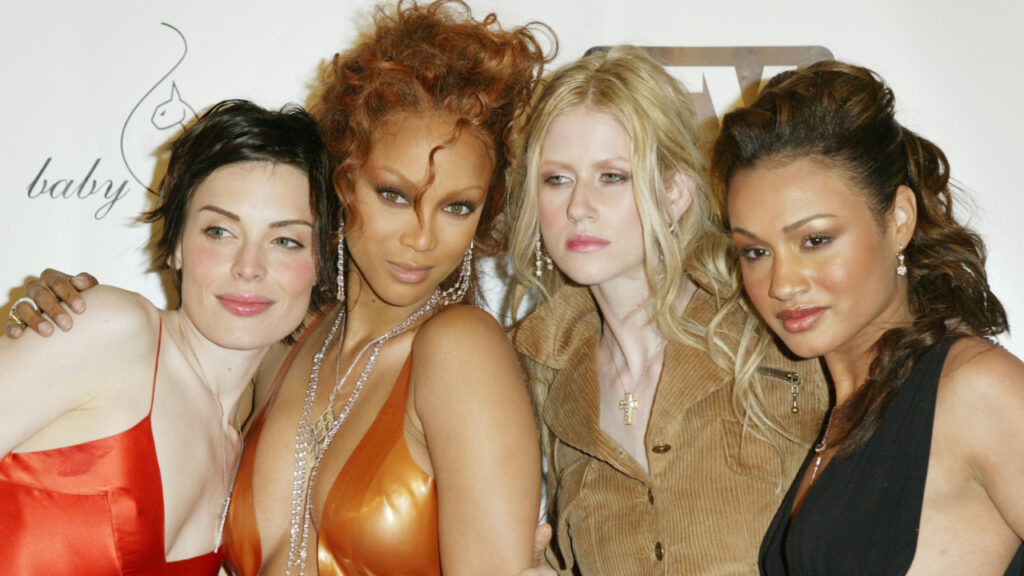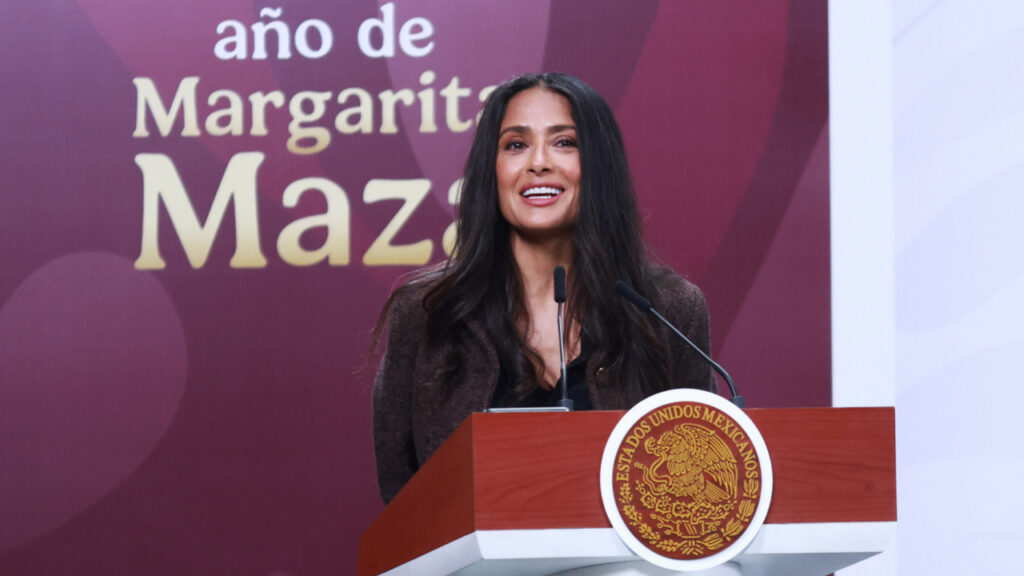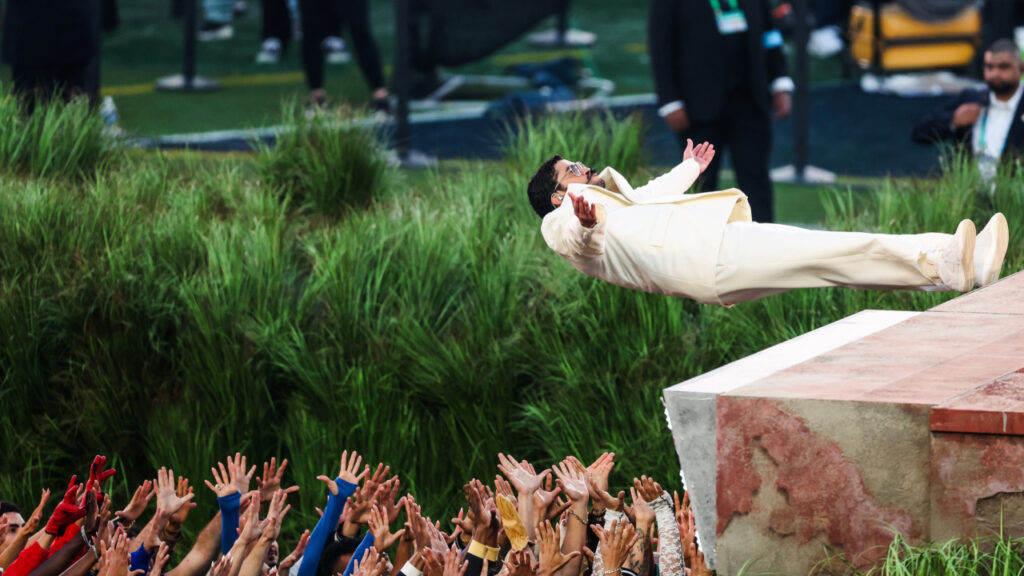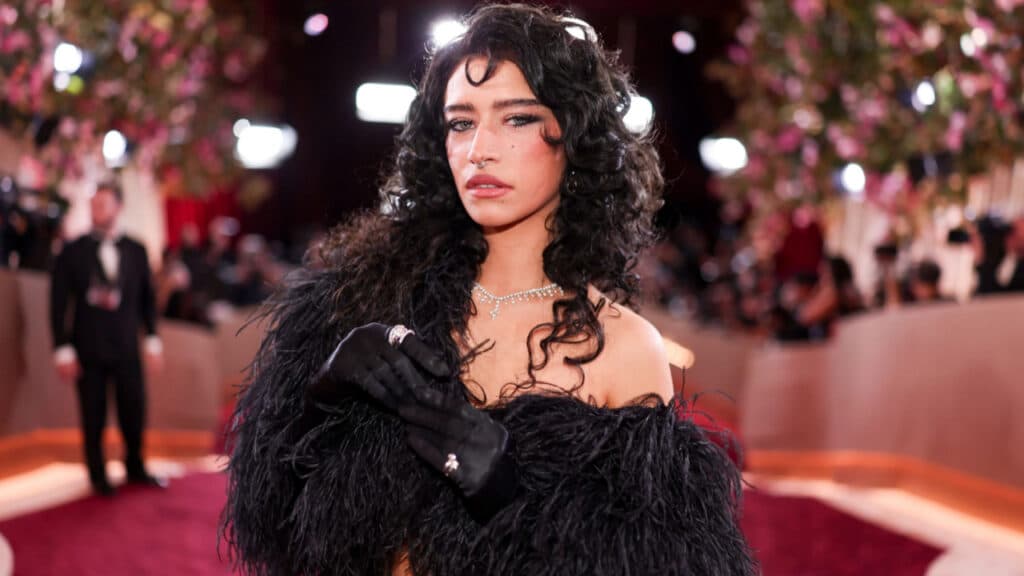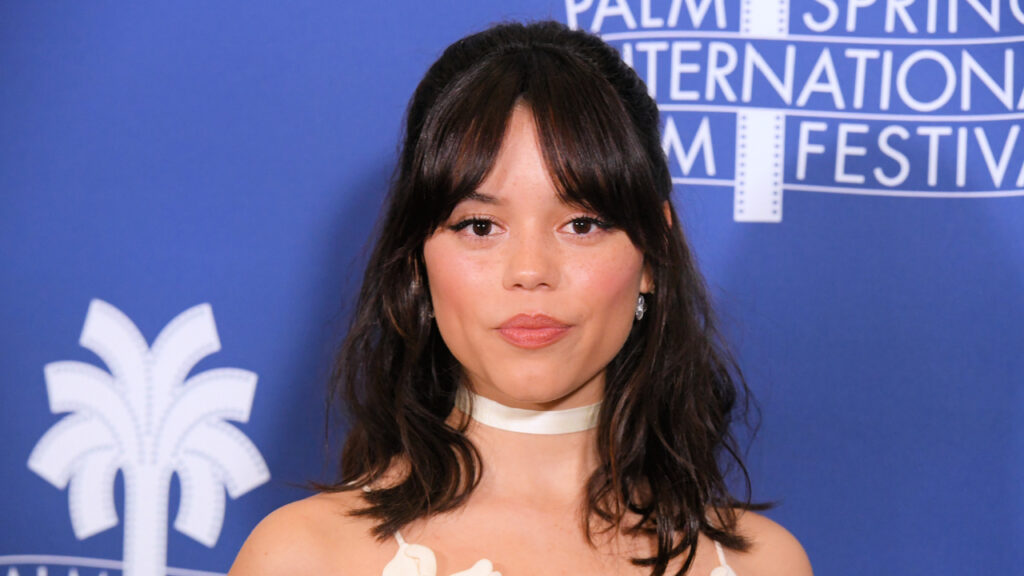
Jenna Ortega on Being Latina: ‘Sometimes You’re Just Not Good Enough’
Doom if you do; doom if you don’t. We’ve all been there. Being part of the 200%–100% Latino, 100% American—often makes you feel like you don’t belong. For Jenna Ortega, it’s as if you were “just not good enough.”
In a recent interview with Variety, the “Wednesday” star reflected on her identity. She discussed being a rising Hollywood favorite and her struggle to navigate her Latino heritage.
“A majority of the last year and a half has felt very far from me,” Ortega said, talking about her skyrocketing success. “When people mention my name, it’s almost like my name has been taken from me. Now I just feel like I’m floating and… I’m up for interpretation.”
While the young actress finds celebrity “absolutely ridiculous,” being a Latina is a part she has had to fight to defend.
Jenna Ortega is the fourth of six children. Her mother, Natalie, is an ER nurse of Mexican and Puerto Rican descent. Her father, Edward, also of Mexican descent, was a sheriff. He now works at the California district attorney’s office. Ortega grew up in English. And it wasn’t until she rose to fame that her lack of fluency in Spanish became a topic.
In September 2023, Anya Taylor-Joy introduced her husband, Malcolm McRae, to Rosalía and Jenna Ortega in Spanish during a fashion show in Paris. Ortega greeted him in English, and social media grilled her for being a “fake Latina” who didn’t speak Spanish.
But who gets to say what being “a real Latina” is?
Before being cast as Wednesday for Tim Burton’s highly successful series, Jenna Ortega knew Netflix wanted a Latina for the role. While she didn’t know exactly why, she turned out to be perfect for the part. After all, she grew up “smashing piñatas and making tamales at Christmas” with her family.
“But then, oftentimes, you’re just not good enough,” she told Variety. “Because I wasn’t born in a Spanish-speaking country, I know people have a hard time connecting with me.” Ortega herself has a hard time dealing with her lack of knowledge in her mother’s first language. “I’m so jealous every time I hear my mom speak perfect Spanish,” she said.
For Jenna Ortega, owning her background was as complicated as it is for 65% of third-or higher-generation Latinos in the U.S.
There are countless myths surrounding Latino identity in the U.S.—you only need to pay attention to any election year to find the most popular ones. However, being fully bilingüal is arguably the most common one.
According to the Pew Research Center, while most U.S. Latinos speak Spanish, not all do. 24% of all Latino adults say they can only carry on a conversation in Spanish a little or not at all. On the other hand, among third-or-higher-generation Latinos, 65% say they cannot carry on a conversation in Spanish.
Furthermore, about half of U.S. Latinos who don’t speak Spanish have been shamed because of it, according to the Pew Research Center. Around 54% of Latinos who say they speak no more than a little Spanish say another Latino has made them feel bad for it.
Jenna Ortega can count herself among the latter. “I think there’s a part of me that carries a bit of shame,” she told Variety. “For a second, I was almost nervous to speak about my family’s background because… I feel like I was made to feel like it wasn’t…[valid].”
But if there’s one thing inherently Latina, it is resilience.
Despite the backlash and criticism for her Spanish skills (or lack thereof), Jenna Ortega understood that the identity journey is one you navigate alone. As she told Variety, she wants to become more “in touch” with her roots. Ortega wants to “learn more from her tías who emigrated to the United States, who were told not to speak Spanish as schoolchildren so as not to stand out.”
“But also, something that I’m learning is… it’s not my job to carry the weight of everybody who’s ever had that experience,” Ortega added.
On the contrary, the young actress understands well the perks of being a Latina in Hollywood.
Jenna Ortega has become synonymous with the horror genre—a Latina Janet Leigh if you will. After carving her path in television in shows like “Rake” and “Jane the Virgin,” her genius and dark humor made her the perfect cast for movies like “The Babysitter: Killer Queen” and “Scream.”
However, it was the success of “Wednesday”—considered today the most streamed show in history—that gave her a platform. Not only towards iconic sequels like “Beetlejuice,” but for representation. For Jenna Ortega, the lack of Latinos on and off-screen “is something that I feel like has not made it through studios’ heads,” she told Variety.
“It’s something that I feel like has not made it through studios’ heads,” she says. “There needs to be a little more faith in what we bring to the table. Maybe that means all of us banding together a little bit more and creating these projects for ourselves.”
And Ortega is doing exactly that
After fighting for the opportunity to work alongside producers during the first season of “Wednesday,” Jenna Ortega finally wears the hat during the second season. At first, it was a matter of creative concerns. “I think it’s natural to be fearful of signing your life away and wanting some sort of agency or wanting confirmation that your voice would be heard,” she said.
“I’m aware of my position as an actor. I know that I’m not in charge. But I think with someone like Wednesday, who is in every scene, it only makes sense for that person to be that involved in what’s going on behind the scenes because she’s onscreen every second of the project.”
Now, with a second wave of fame and visibility at the doors—she’s executive producing three films, “Beetlejuice” will hit theaters this fall, and the long-awaited second season of “Wednesday” on the horizon for 2025—Jena Ortega knows there’s a lot more she can do.
“I would love to be able to craft stories that show how powerful [Latinos] can be,” she said.

